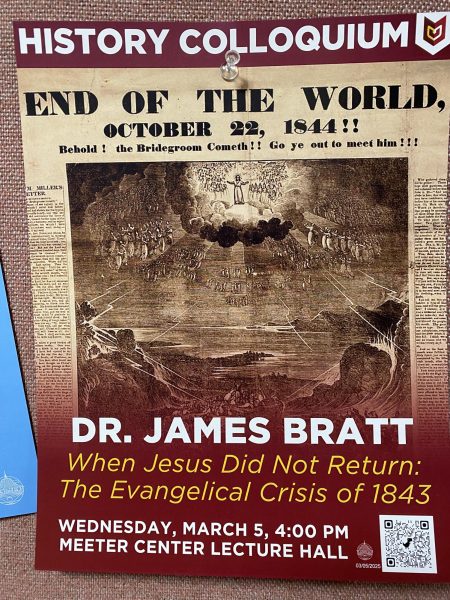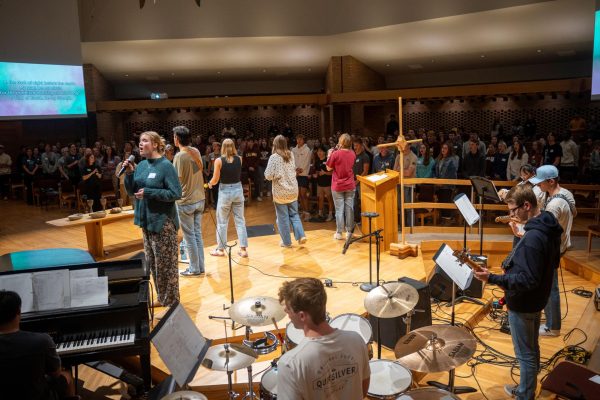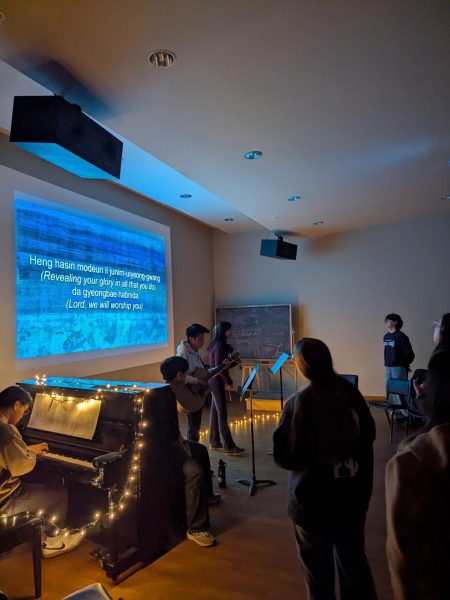Religion and Technology: Code for the Kingdom Hackathon
Last weekend, over 800 Christian coders and programmers gathered in 13 cities around the world to participate in a 48-hour hackathon with the goal of developing new websites and apps that help solve societal problems, both local and global. This Christian hackathon was largely organized by Code for the Kingdom, a group who convenes bright entrepreneurs and technologists to use their gifts to affect global culture from a Christian perspective. They hope to advance the Gospel through the creation of new technologies that address significant issues confronting society, community, families and spiritual life.
Hackathon is the name given to a weekend challenge to develop new tech tools to solve a problem or tap a specific market, and they have become very popular among Fortune 500 companies. Hackathons are geared toward community and social good and are common across the United States. Christian ministry groups have had similar events in the past, but this recent hackathon was the first attempt at a mass collaboration among people of faith around the world. By the last day of the hackathon, teams had developed concepts for disaster relief, peer-to-peer refugee housing, combatting sex trafficking, along with many others. Some teams had even managed to develop fully-functioning apps in the short 48-hour timeframe. Nick Skytland, an organizer from Code for the Kingdom, said that these Christian hackathons are “a huge opportunity to reach underserved populations.” Skytland was overwhelmed by the progress made in one weekend, stating, “We exceeded our goals far more than we could have imagined.”
Chris Armas, another organizer and director of Code for the Kingdom, believes that “the future of the church will be built by these culture makers — technologists and entrepreneurs and communicators and artists.” Armas has run single-city hackathons in the past, but admitted that he was hesitant to try a global collaboration. But that changed after several international Christian aid groups, including World Vision and Tearfund UK, joined in the challenge to develop their own programs. By the end of the challenge, Armas said that even entrepreneurs from non-participating countries, including Poland and Australia, had reached out with interest in the concept. The hackathon did not require international collaboration, but instead consisted of local teams developing their own challenges and identifying their own interests and problems to solve. But there was still international communication, as mentors from Yahoo, Google and elsewhere were available to all participants 24/7. There was also a global Slack channel that served as an international hotline for teams to swap coding advice, develop new methods, and — when the programmers were short on sleep — provide entertaining videos to keep the energy going. At one point during the event, the delegates took a break and participated in a live-stream prayer meeting with all of the other involved cities.
At the end of the hackathon, a panel of judges voted for the best new apps developed by the teams. The “Best New App” award went to Flee, which seeks to help Christians avoid online temptations such as gambling or pornography by having a Bible verse flash on the screen when a user types certain words on the internet. Another app, My Refugee, was voted the “Most Improved” app and works by linking refugees with families and homeowners willing to host them.






